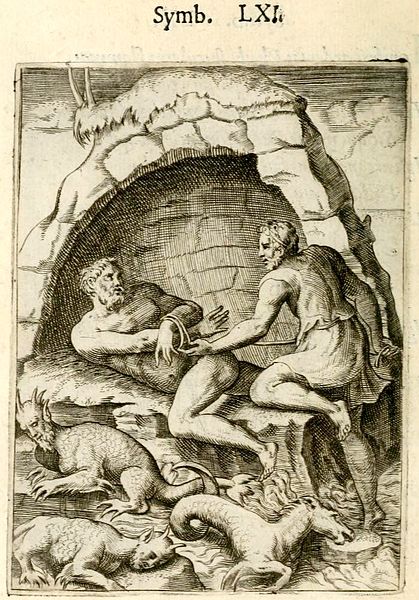Infinite photos and videos for every Wiki article ·
Find something interesting to watch in seconds
Tallest Buildings
Celebrities
Animals
Orders and Medals
Richest US Counties
History by Country
Countries of the World
Rare Coins
Largest Palaces
Recovered Treasures
Supercars
British Monarchs
Crown Jewels
Great Museums
Great Cities
Great Artists
Famous Castles
World Banknotes
Ancient Marvels
Wonders of Nature
Wars and Battles
Largest Empires
Kings of France
Best Campuses
Presidents
Sports
more top lists




